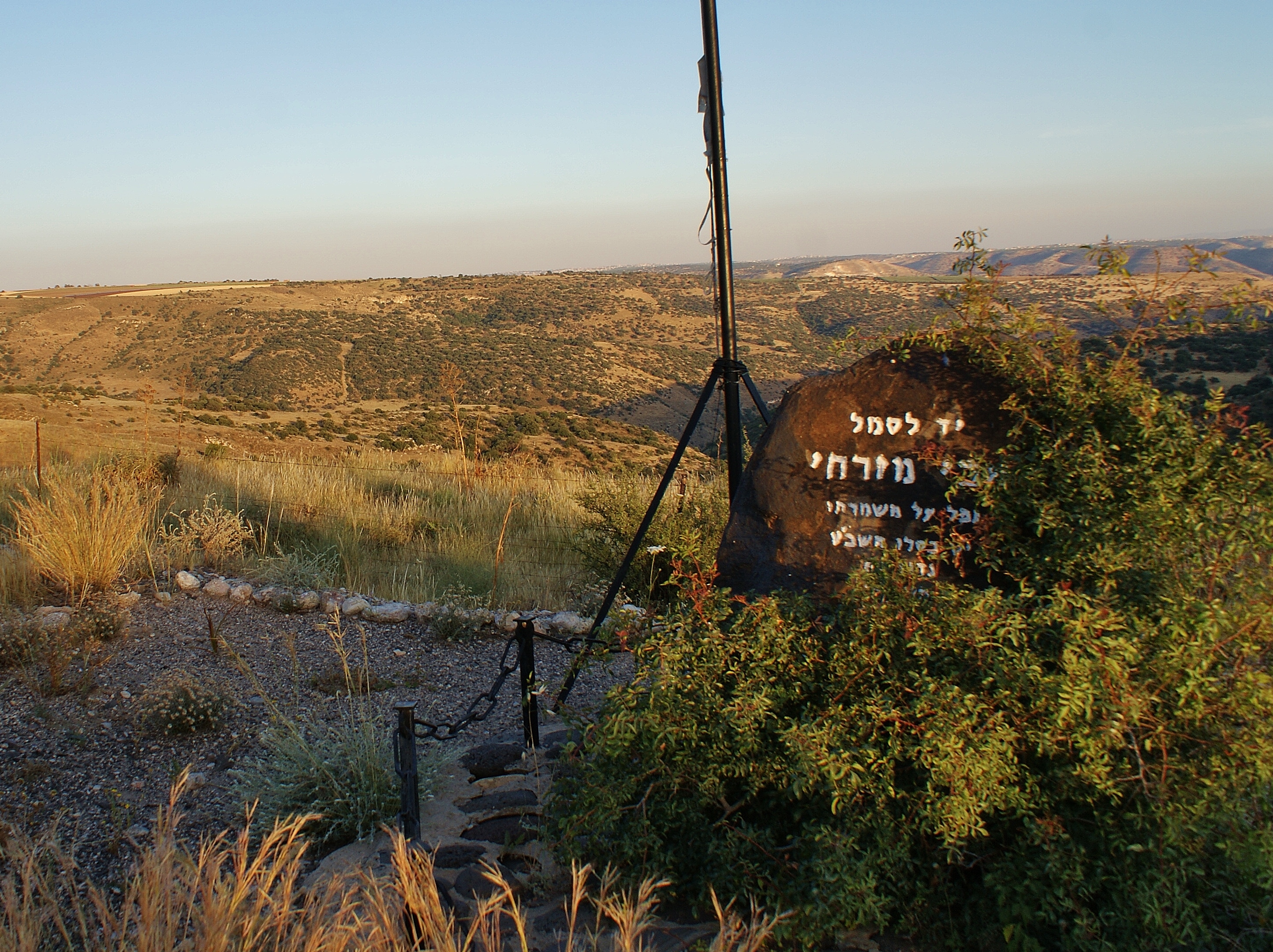1) At the Atlantic Council, Navvar Saban provides an overview of ‘Iranian influence and presence in Syria’.
“Since the beginning of the Syrian civil war in 2011, Iran has found different approaches to increase its military and security influence in Syria. The first approach was by directly working with foreign militias and recruiting local militias. The second approach was created from the core of the first one. Its main objective was to integrate local Iranian militias into Bashar al-Assad’s military and its security branches to give them a legal standing in Syria and an umbrella of protection from possible Israeli or US air strikes.
However, with a decrease in military operations in Syria, Iran began searching for new ways to enhance its control and influence in different Syrian provinces, especially after its success in infiltrating the regime’s army and security apparatus.
Since the beginning of 2017, Iran has turned some of its focus on infiltrating Syrian society and strengthening its relations with Syrian businessmen. This factbox presents a limited summary of Iran’s military and security power in Syria, revealing the extent of its sway over Syrian society and its economy.”
2) Dr Raz Zimmt explains ‘The Intelligence Organization of the IRGC’ at the ITIC.
“The Intelligence Organization of the Islamic Revolutionary Guards Corps (IRGC) has become a major intelligence apparatus of the Islamic Republic, having increased its influence and broadened its authorities. Iran’s intelligence apparatus, similar to other control and governance apparatuses in the Islamic Republic, is characterized by power plays, rivalries and redundancy. The Intelligence Organization of the IRGC, which answers to the supreme leader, operates alongside the Ministry of Intelligence, which was established in 1984 and answers to the president. The redundancy and overlap in the authorities of the Ministry of Intelligence and the IRGC’s Intelligence Organization have created disagreements and competition over prestige between the two bodies. In recent years, senior regime officials and officials within the two organizations have attempted to downplay the extent of disagreements between the organizations, and strove to present to domestic and foreign audience a visage of unity.”
3) At Newlines Magazine Frederic C Hof analyses the political situation in Lebanon.
“On Aug. 4, 1970, the man who had served from 1958 to 1964 as the third president of the independent Lebanese Republic, Gen. Fouad Chehab, issued a written statement declining to stand for the presidency again. Chehab noted that “Lebanese political institutions and the traditional customs of public life no longer constitute, in my view, a tool suited to the imperatives of the Lebanese recovery required by the 1970s in all fields, for our institutions are, in many respects, lagging behind the modern political regimes that try to ensure the efficiency of the State.” This was Chehab’s polite way of saying that the presidency of an ersatz state was essentially worthless.
Fifty years later – to the day – a massive explosion nearly vaporized Beirut’s port, inflicting widespread death, injury, and wreckage throughout Lebanon’s capital. Lebanon’s so-called government had, with breathtaking negligence, permitted nearly 3,000 tons of extremely volatile ammonium nitrate to be stored in a warehouse; it had done so with barely a thought for public safety. Chehab’s understated rendering of fact in August 1970 – that Lebanon was not a state, thus making the presidency itself irrelevant – manifested itself exactly 50 years later as the deadly indictment of a ravenous, incompetent, and terminally useless political class.”
4) Times of Israel columnist Haviv Retting Gur asks whether Biden will chart a wiser course than Obama.
“The more Obama tilted toward the Palestinians, the further he pushed Palestinian politics away from a compromising center. One does not have to like Trump’s posture toward the Palestinians or believe that Netanyahu is an honest peacemaker to believe, as most Israelis do, that Obama’s policies did more to delay peace than to realize it.
Trump casts a long shadow in the Middle East. The Biden administration will be keen, as all administrations are, to step out from under that shadow. But an administration cannot function effectively as an actor in the Middle East armed only with the knowledge of what it is not.
Biden is an old foreign policy hand, but he inherits a Democratic policy elite that has little to show for its long efforts and embroilments in the region. If he hopes to be more successful here than his former boss, Democrats will need to reconstruct their sense of the region and of America’s interests in it.”





